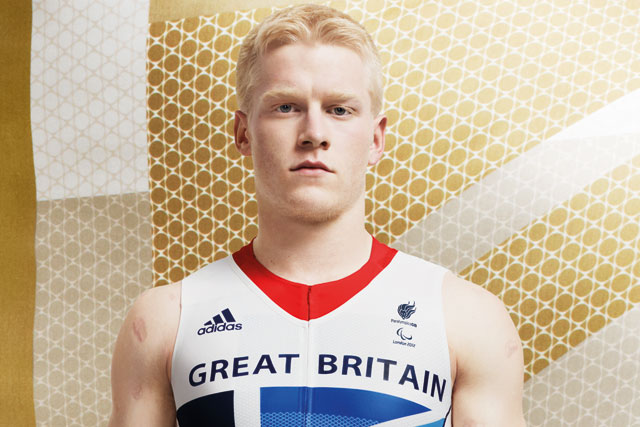
The exploits from the likes of Peacock, Weir, Hannah Cockroft and Ellie Simmons have made the star Paralympians household names in the past few days.
Paralympic sponsor BT is also a sponsor of some of the individual athletes such as Peacock and Cockcroft while GlaxoSmithKline-owned Lucozade sponsors Weir, who also works with BMW, which is currently running a TV ad with the star.
BT's relationship with the Paralympians is thought to be long-standing and means that they will not be able to carry out advertising for rival brands, such as Virgin Media.
Simmons, meanwhile, has carried out work for Cadbury, Adidas and BMW during the Paralympics.
Steve Chisholm, head of PR at Fastrack, which works with BT as a client believes the athletes now have mainstream appeal, boasting the same level of appeal as Olympians.
"Mainstream consumer brands will now be targeting these athletes now," says Chisholm. "The level of interest in the Paralympics means that this is a huge cross over moment for the athletes.
Obvious interest would come from apparel, sport, and sport’s nutritional brands, said Chisholm.
But one concern, highlighted by Chisholm and other experts, is that, unlike the Olympics, there are very few events following on from the London Games.
"The main challenge is to continue the profile in four year cycles," says Chisholm.
This view is echoed by Nigel Currie, who says, "I think there will be a dozen Paralympic athletes who will realise significant six-figure sponsorship earnings on the back of these games. Weir, Simmons, Storey, Peacock and a few others.
"The big change is that sponsors are now very keen to work with Paralympic athletes where as a few years ago it was unknown and unchartered territory for sponsors, which made many nervous."


.jpg)


.jpg)